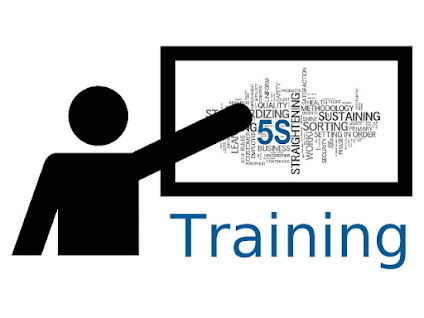How Minitab Training Can Revolutionize Your Data Analysis Workflow?
In today's data-driven world, the
ability to analyze and interpret data is crucial for businesses and
organizations to make informed decisions. With the increasing amount of data
being generated, it has become essential to have the right tools and skills to
handle and analyze this data effectively. This is where Minitab training comes
into play.
Minitab is a statistical software
package that is widely used in various industries for data analysis and quality
improvement. It offers a comprehensive set of tools and features that enable
users to analyze data, visualize trends, and make data-driven decisions.
However, to fully utilize the potential of this software, proper training is
necessary.
Minitab training can revolutionize your
data analysis workflow in many ways. Let's take a closer look at some of the
benefits of Minitab training and how it can transform your data analysis
process.
1) Mastering
the software: Minitab is a powerful tool, but it can be overwhelming for new users.
Training can help you understand the various feature and functions of the
software, making it easier for you to navigate and use it effectively. You will
learn how to import data, perform statistical analysis, and create
visualizations, among other things. With proper training, you can become a
proficient Minitab user in no time.
Also Read: Correlation and Regression
Analysis Training
2) Efficient
data analysis: Minitab training can help you streamline your data analysis process. You
will learn how to use the software's powerful statistical tools to analyze data
quickly and accurately. This will save you time and effort, allowing you to
focus on interpreting the results and making informed decisions based on the
data.
3) Quality
improvement: Minitab is widely used in industries such as manufacturing, healthcare,
and finance, where quality improvement is crucial. With Minitab training, you will learn how to
use the software's quality improvement tools such as control charts, process
capability analysis, and design of experiments. These tools can help you
identify and address issues in your processes, leading to improved quality and
efficiency.
4) Data
visualization: In today's data-driven world, the ability to present data in a visually
appealing and easy-to-understand manner is essential. Minitab training can
teach you how to create charts, graphs, and other visualizations that can help
you communicate your findings effectively. This is especially useful when
presenting your analysis to stakeholders or decision-makers.




Comments
Post a Comment